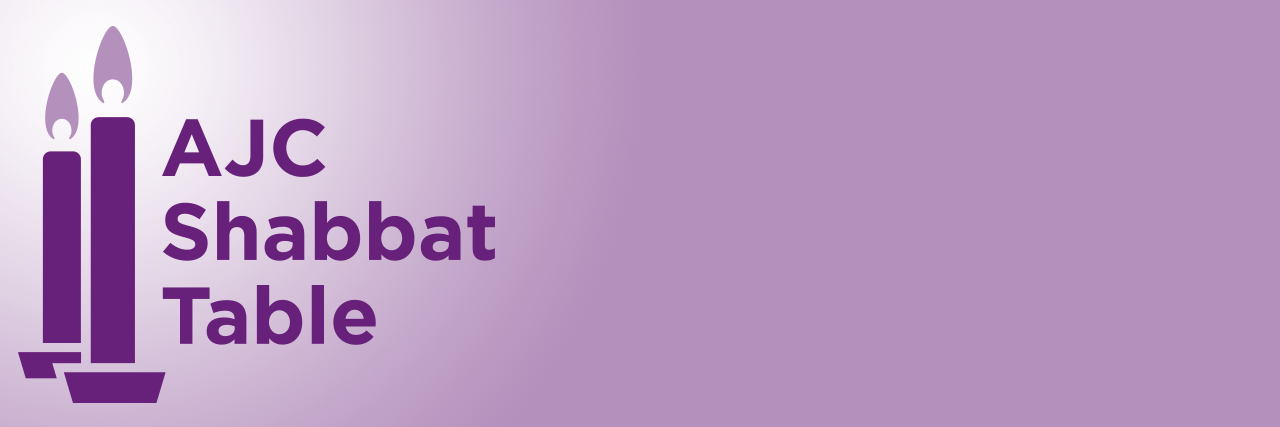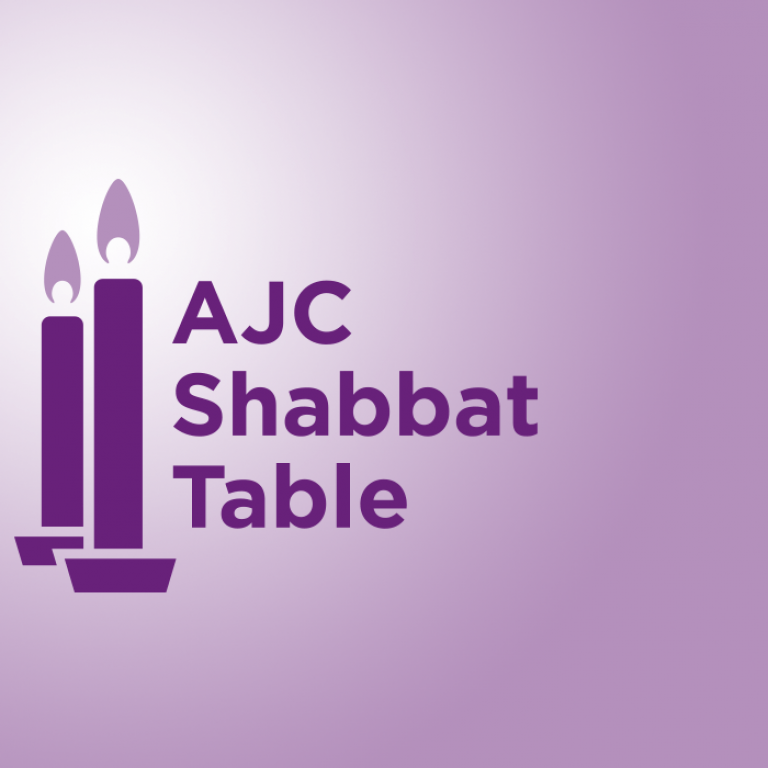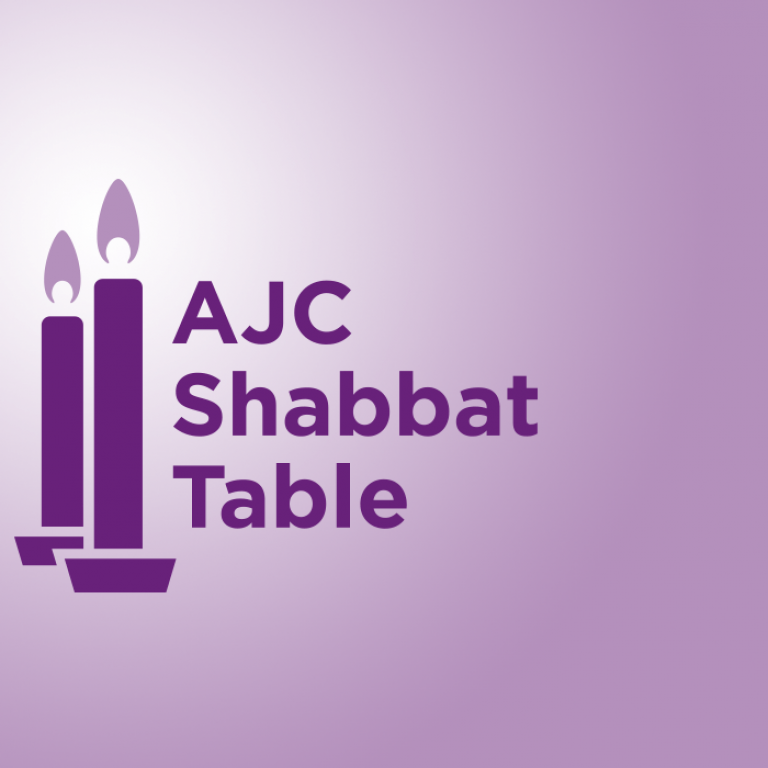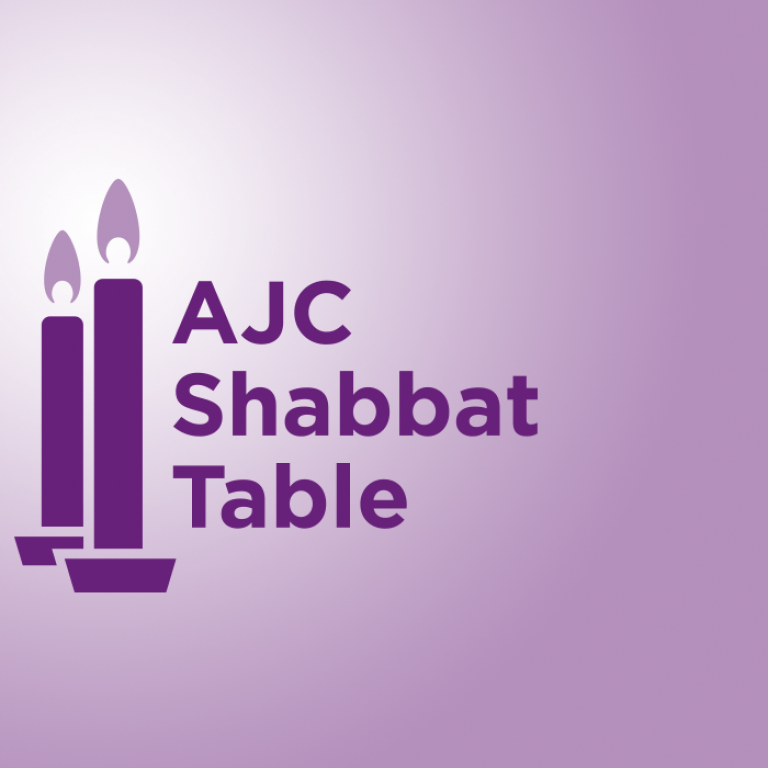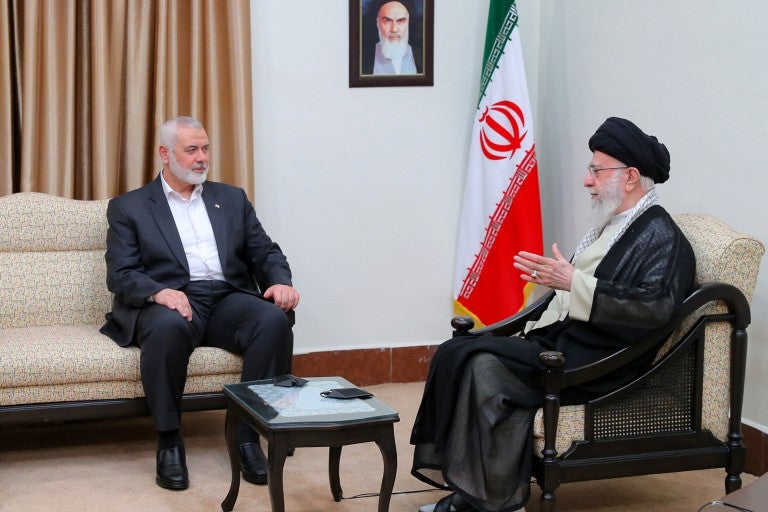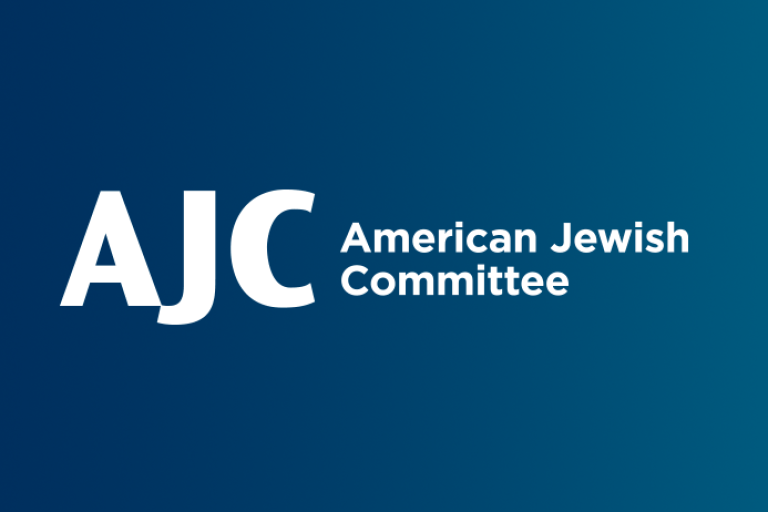January 15, 2021
This Shabbat: Parshat Vaera
This week’s Torah portion, Vaera is one of those Hollywood-ready portions, complete with an evil Pharaoh, a reluctant hero Moses, a Jewish people who need to be saved, and awesome special effects in the form of God’s plagues on Egypt. One can get so caught up in the drama and color of the story that some of the nuances of the text get lost. For example, when God is giving Moses instructions on how to execute the first plague, the Torah tells us that God told Moses to tell Aaron to stretch his staff over the waters of Egypt, and the waters would become blood.
God told Moses to tell Aaron to bring forth the plague. Isn’t that a bit strange? After all, isn’t Moses supposed to be the leader of the Jewish people? Aaron is meant to be his assistant, Robin to his Batman. And, the same language repeats with the second plague – the plague of frogs. Once again, God tells Moses to tell Aaron to bring about the plague. What is going on here? The renowned Bible commentator Rashi explains:
Since the river offered protection to Moses when he was cast into it, therefore it was not smitten by his hand, neither with the plague of blood nor with frogs; rather it was smitten by Aaron.
This explanation seems a bit strange. After all, a river doesn’t have feelings. Why should Moses refrain from hurting an inanimate body of water, even one that once helped save his life? In fact, though, Rashi is teaching us a powerful lesson. Once you are living according to a system of thought that is concerned with a man’s relationship to a river, you realize that every interaction we have with the world around us is of utmost importance. God’s message to Moses as he took the mantle of leadership was to remember that being a leader is about much more than “special effects” - it’s about remembering that you are part of a world much larger than yourself, and understanding that your interactions with that world truly matter.
This Week in Jewish History
January 16, 2003 - Launch of Space Shuttle Columbia with Israeli Astronaut Ilan Ramon
The collective eyes of the Jewish world were locked on their television screens on January 16, 2003 as they watched the lift off the Space Shuttle Columbia carrying Colonel Ilan Ramon, the first Israeli astronaut, into space. Ramon, an Israeli Air Force combat pilot, was born and raised in Tel Aviv and fought in the Yom Kippur War and Operation Peace for the Galilee. He saw his venture into space as being about something much larger than himself. As he said, “Being the first Israeli astronaut -- I feel I am representing all Jews and all Israelis.” Ramon knew that he was a symbol of survival and hope for Jews, and he took his role seriously. Although he defined himself as a secular Jew, Ramon ordered kosher meals for his trip to the cosmos and even consulted with rabbis about how to properly observe Shabbat in space. The son of a Holocaust survivor, Ramon also carried a number of symbolic objects with him, including a Torah that was used for a secret bar mitzvah in Bergen-Belsen and a pencil drawing called "Moon Landscape" made by a fourteen-year-old Jewish boy named Petr Ginz who was murdered at Auschwitz.
Tragically, mere minutes before landing on February 1st, the Columbia shuttle exploded, killing all the astronauts aboard. Ramon was posthumously awarded the United States Congressional Space Medal of Honor, the only non-American citizen to ever receive the award. Ilan Ramon was a proud and passionate Jew who understood his role as a link in the chain of the Jewish People and as a source of hope and pride for Israel and Jews all over the world. His legacy will live on forever.
For Shabbat Table Discussion - Far-Right Extremism in America
Most Americans were horrified to see the desecration of our Capitol Building, the “People’s House,” by insurrectionists last week. One of the many upsetting parts of this attack was the prevalence of far-right extremist imagery among those invading the Capitol. We saw horrifying images of Confederate flags and t-shirts and other paraphernalia extolling Nazism and the Holocaust. While we already knew that antisemitism is a very powerful part of far-right extremist movements, it was still particularly frightening to see it live, tied together with violence and assault on our democracy.
Questions for your Shabbat table:
- What is the link between far-right extremism and antisemitism? Why do the two go hand-in-hand?
- Do you feel that the far-right has been emboldened by election denial? Why or why not?
- What do you think of the decision by social media companies to ban President Trump as well as many far-right extremists from their platforms? Was this necessary to prevent incitement of violence? Will it just send the far-right underground where they cannot be monitored as closely? Both/Neither?
- How can the United States government better address the threat of far-right extremism in America?
For more information and resources:
- Watch this short video created by AJC’s U.S. Director for Combating Antisemitism about the antisemitic valances seen at the invasion of the Capitol last week.
- Listen to this week’s People of the Pod interview with Daniel Lombroso, director of The Atlantic’s first feature documentary, White Noise, an inside story of the far right in America
- Watch this Advocacy Anywhere program on The State of Extremism in America Today.
- Read this AJC primer on What Jews Need to Know About White Supremacy
Shabbat shalom!
שבת שלום!
